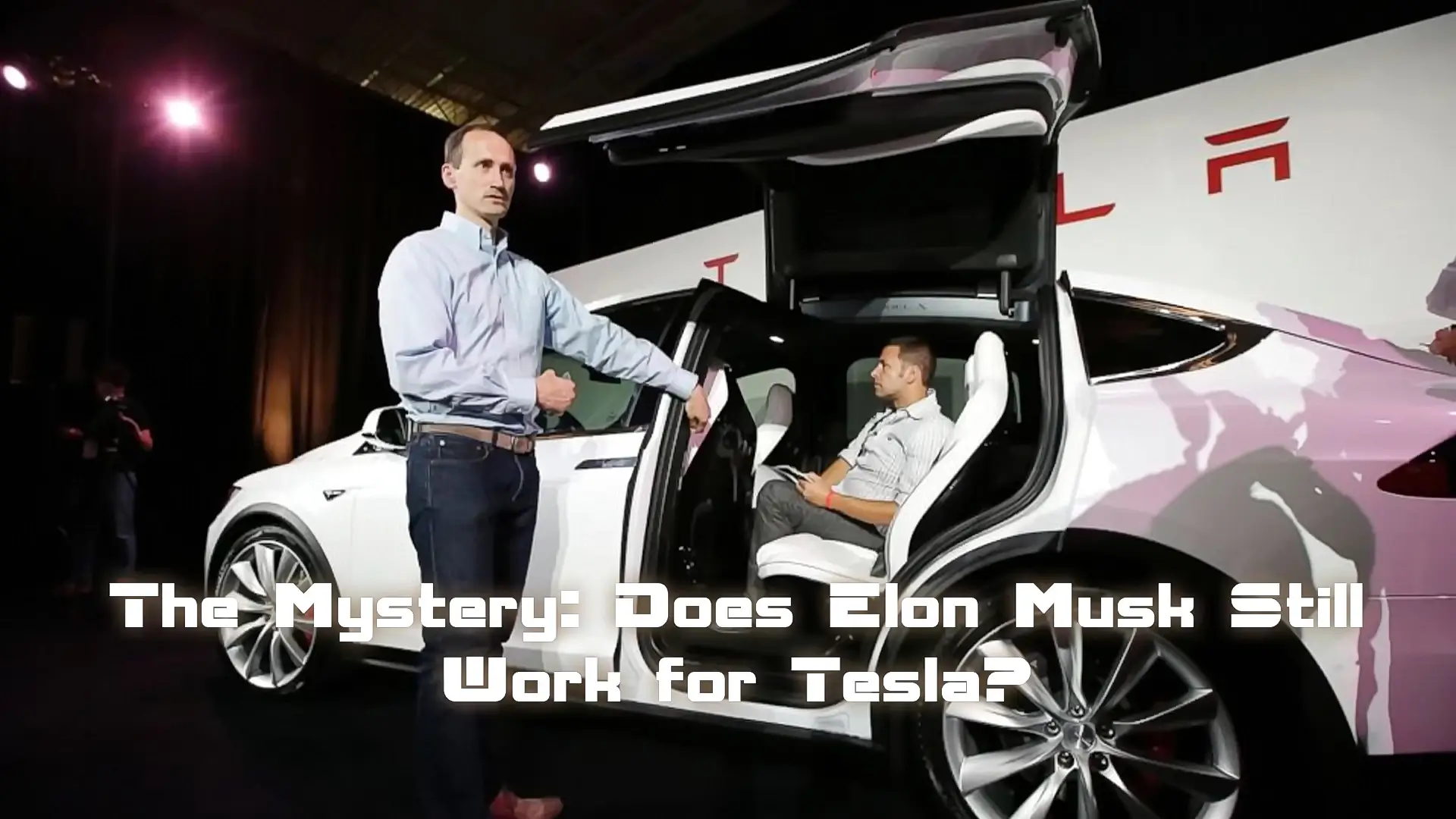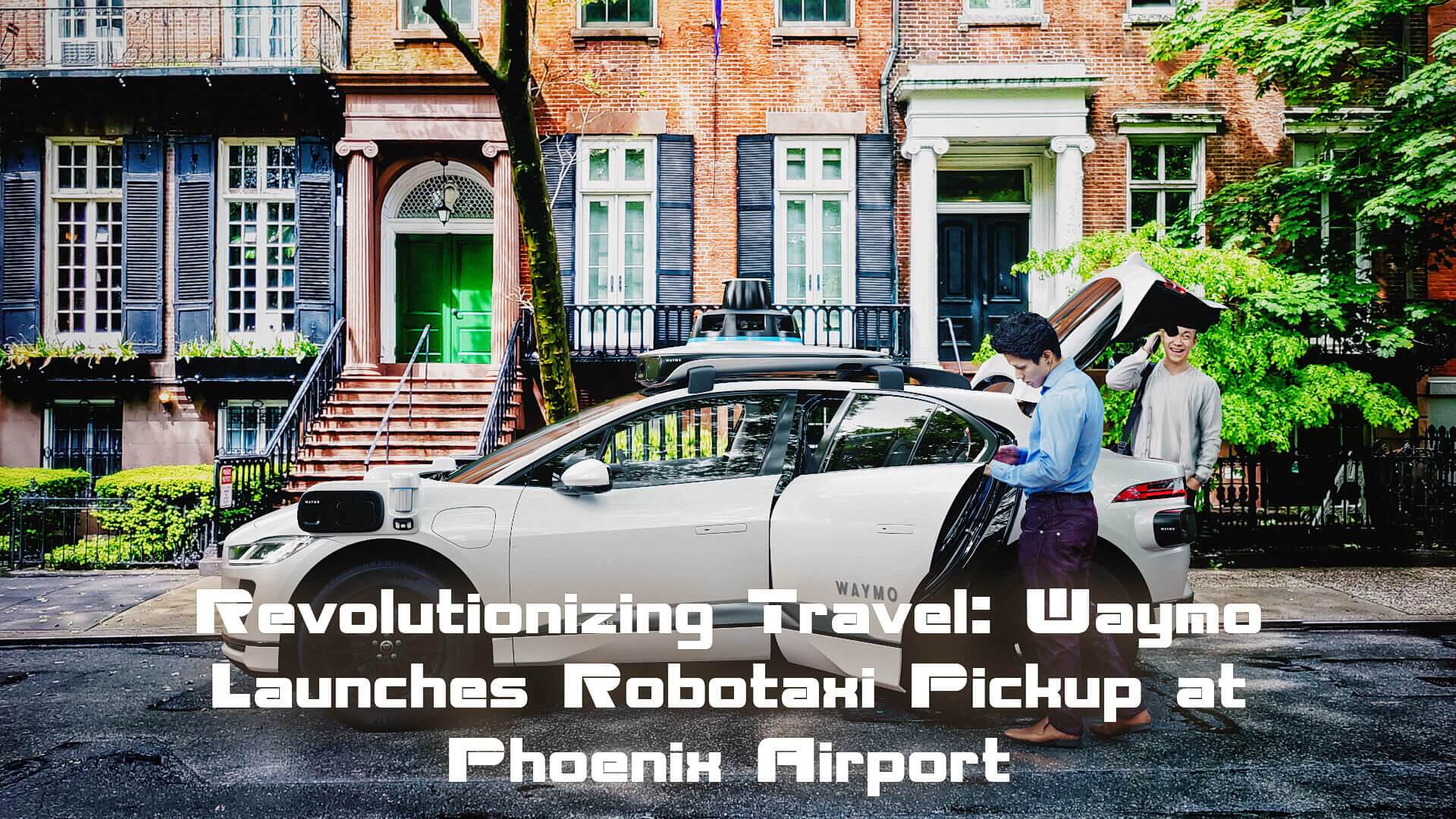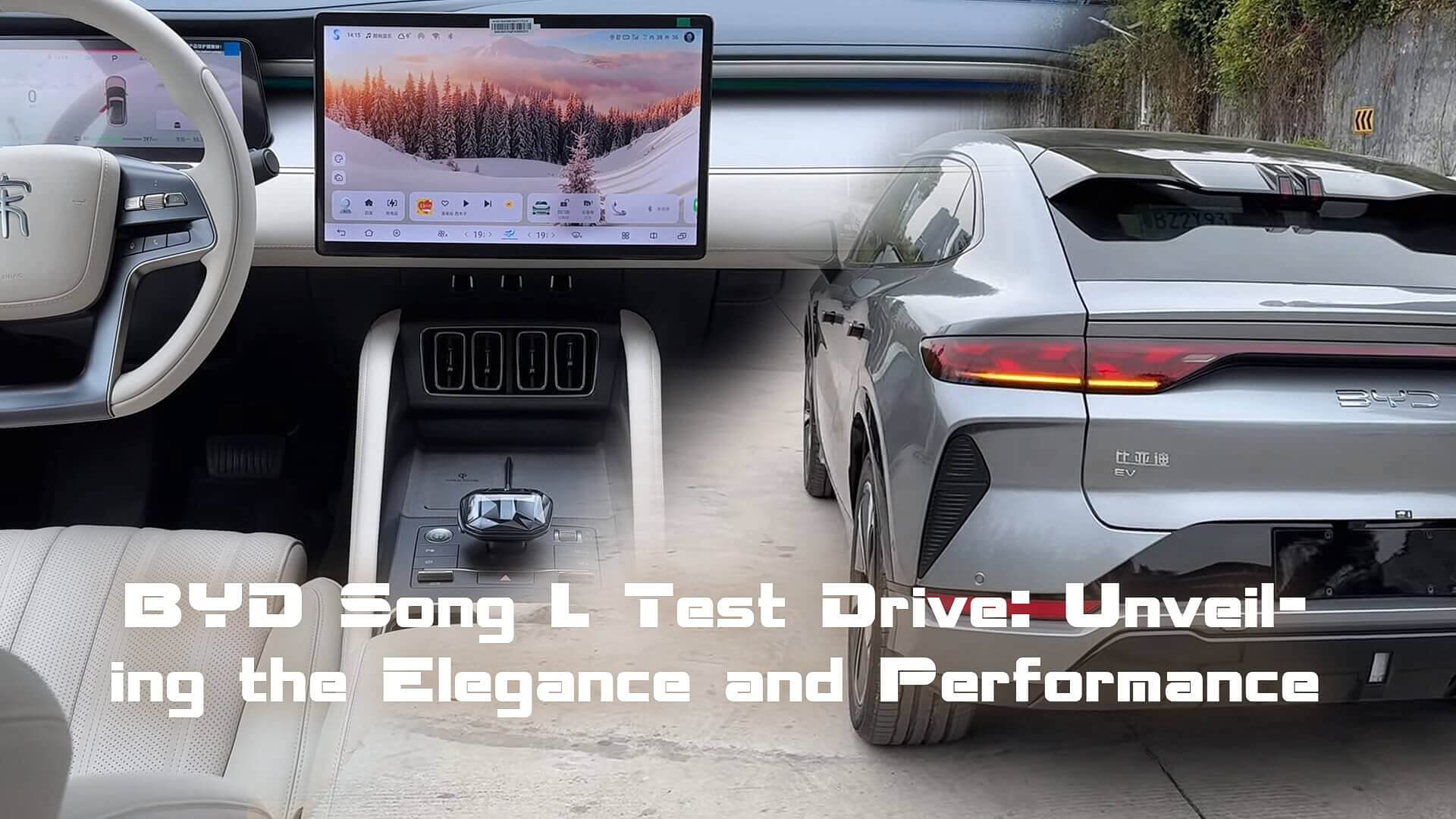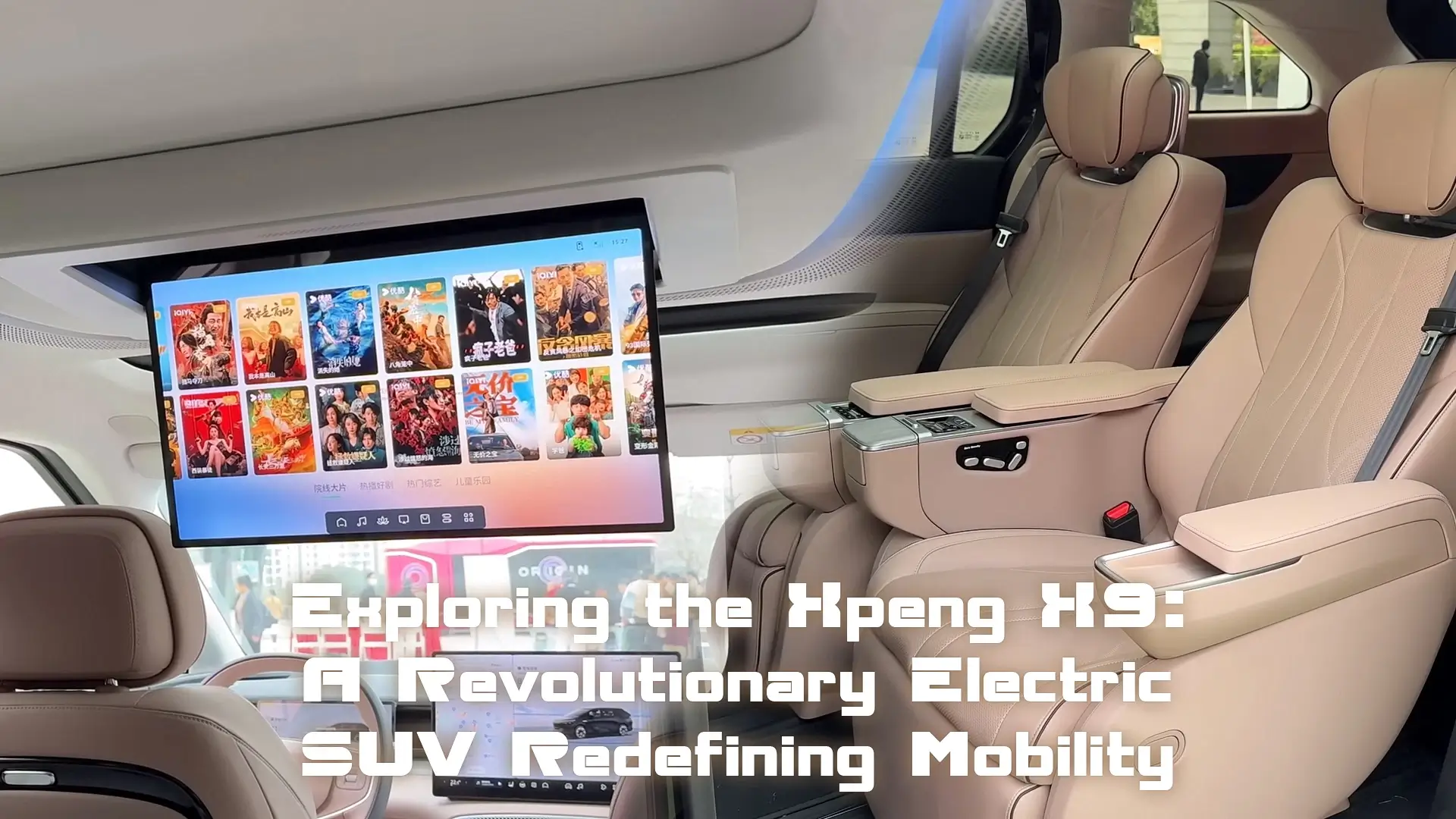In the realm of automotive history, few companies have left an indelible mark quite like Tesla. The brainchild of visionary entrepreneur Elon Musk, Tesla has become synonymous with electric vehicles (EVs) and is heralded as a pioneer in transforming the automotive landscape. This deep dive into “Tesla’s Impact on the Automotive Industry” aims to unravel the layers of influence that Elon Musk and his electric revolution have brought to the forefront.
The Birth of Tesla: A Visionary’s Dream
Tesla, founded in 2003 by Martin Eberhard and Marc Tarpenning, gained significant traction when Elon Musk joined the company in 2004. Musk, driven by a passion for sustainable energy and a desire to accelerate the world’s transition to electric vehicles, quickly became the face of Tesla’s ambitious endeavors.
Revolutionizing Electric Vehicles: The Roadster’s Prelude
Tesla’s journey began with the Tesla Roadster, an all-electric sports car introduced in 2008. This sleek and high-performance vehicle shattered preconceived notions about electric cars, showcasing that they could be both environmentally friendly and exhilarating. The Roadster laid the foundation for Tesla’s subsequent models and played a crucial role in altering perceptions about the capabilities of electric vehicles.
The Game-Changing Model S: Driving Electric into the Mainstream
Tesla’s impact on the automotive industry reached new heights with the introduction of the Model S in 2012. Boasting an impressive range, cutting-edge technology, and a sleek design, the Model S demonstrated that electric cars could compete with their internal combustion engine counterparts on every front. The success of the Model S propelled Tesla into the mainstream automotive market, prompting other manufacturers to take electric vehicles more seriously.
Autopilot and Full Self-Driving: Redefining Safety and Convenience
Beyond electrification, Tesla’s innovation extended to autonomous driving capabilities. The introduction of Autopilot and the promise of Full Self-Driving (FSD) technology marked a significant leap forward in the quest for safer and more convenient transportation. Despite regulatory challenges and skepticism, Tesla’s commitment to advancing self-driving capabilities has set new benchmarks for the industry.
Gigafactories and Vertical Integration: Scaling the EV Revolution
Tesla’s impact on the automotive industry is not confined to its vehicles alone. Musk’s strategic vision included vertical integration and the establishment of Gigafactories for battery production. This approach aimed to reduce costs, enhance efficiency, and address the limitations of battery technology. Tesla’s Gigafactories have not only transformed the company’s manufacturing capabilities but have also influenced industry trends toward greater vertical integration in the pursuit of sustainability.
Disrupting Traditional Dealerships: Direct-to-Consumer Model
Tesla’s distribution model defies the traditional dealership structure. By selling directly to consumers, Tesla has disrupted the established norms of the automotive retail industry. This approach, coupled with a strong online presence and innovative marketing strategies, has allowed Tesla to maintain control over its brand image and streamline the purchasing process.
Market Dynamics: Shifting Tides in the Automotive Landscape
As Tesla’s influence grew, so did its market capitalization, challenging established automakers and signaling a shift in the automotive landscape. The success of Tesla has prompted other manufacturers to invest heavily in electric vehicle technology, spurring competition and driving advancements across the industry. The once-niche market for electric vehicles is now a focal point for major players, reshaping the future of transportation.
Sustainable Energy Ecosystem: Beyond Cars
Elon Musk’s vision extends beyond electric vehicles. Tesla has ventured into renewable energy with products like the Powerwall, Powerpack, and Solar Roof. This holistic approach to sustainable energy aligns with Musk’s overarching goal of reducing humanity’s dependence on fossil fuels, further cementing Tesla’s impact as a catalyst for change in the broader energy sector.
Challenges and Controversies: Navigating the Road Ahead
Despite its successes, Tesla has faced challenges and controversies. From production delays to concerns over Autopilot safety, the company has navigated a complex terrain. Elon Musk’s outspoken nature and controversial tweets have also sparked debates, raising questions about the balance between innovation and responsible corporate conduct.
Future Prospects: Tesla’s Continued Influence and Beyond
Looking ahead, Tesla’s impact on the automotive industry shows no signs of waning. With the Cybertruck, continued advancements in battery technology, and the promise of affordable electric vehicles, Tesla is positioned to shape the future of transportation. Moreover, Elon Musk’s SpaceX endeavors and his push for sustainable space travel showcase a broader commitment to pushing the boundaries of innovation.
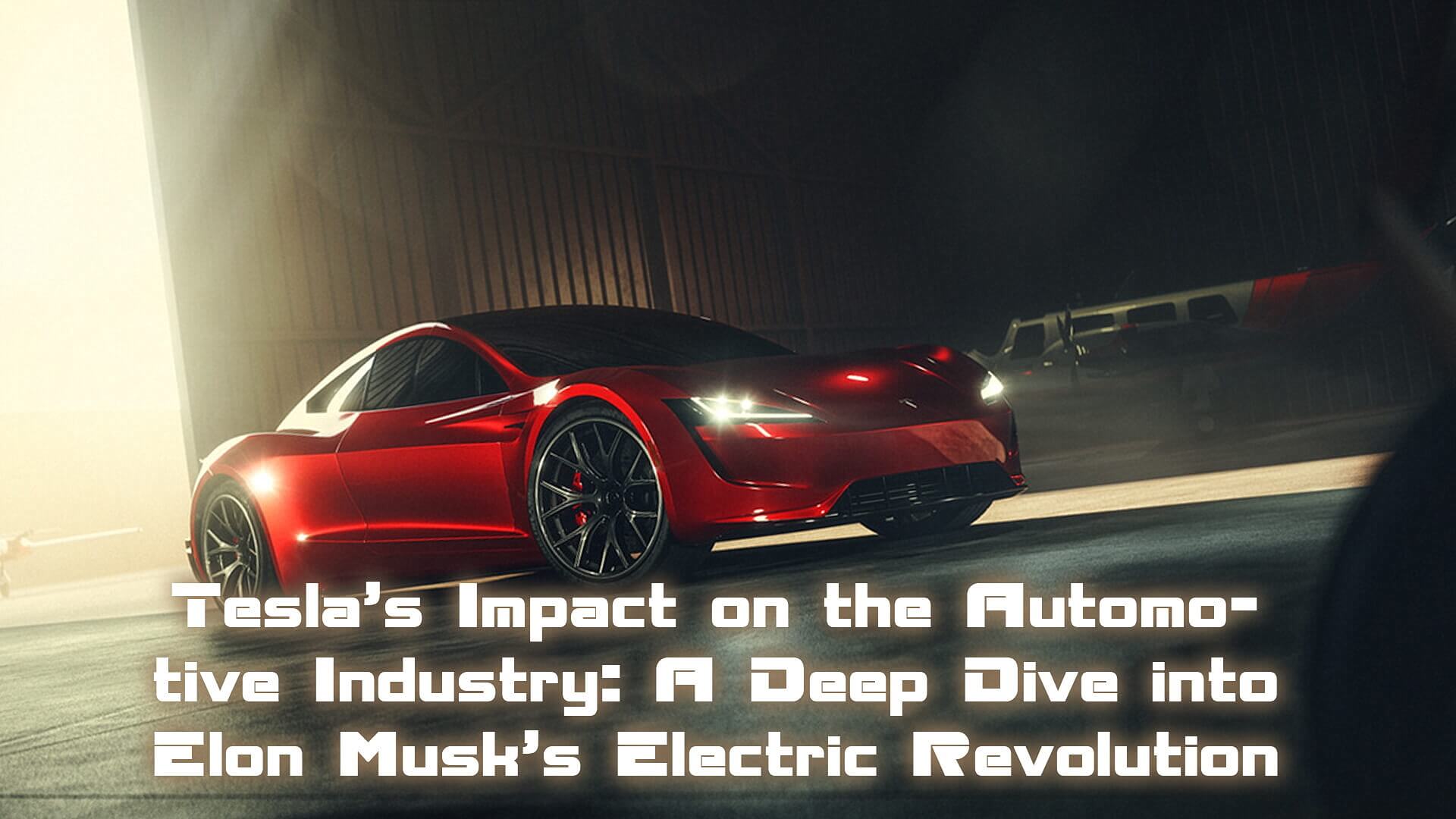
In And so
“Tesla’s Impact on the Automotive Industry” is a multifaceted narrative that transcends the boundaries of conventional car manufacturing. Elon Musk’s electric revolution has not only transformed how we perceive electric vehicles but has also catalyzed a seismic shift in the automotive industry’s approach to sustainability, technology, and consumer engagement. As Tesla continues to chart new territories, its influence will undoubtedly leave an enduring legacy in the annals of automotive history.
